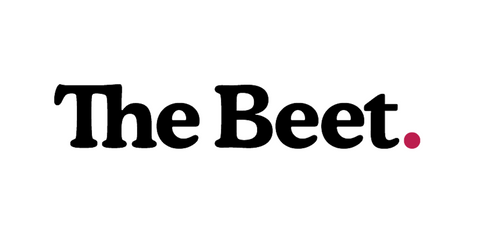The future of food is both exciting and unknown; we have a real opportunity to make very different decisions about how we eat. I envision a movement that I call from “no-kill” to “no-till.” Most of us in the plant-based and food tech industries do not want to harm animals to develop food, but in my eyes, that is just the beginning. Tilling the ground for large-scale agriculture typically leads to severe deterioration of soil quality. Topsoil erodes, runoff occurs and crop residue is reduced. Worst of all, carbon dioxide is released from soil when it is tilled, contributing to the already massive issue of global warming. My hope is that in the near future we’ll start working to create nutrients that don’t require massive amounts of space or negatively impact our planet. We don’t know what the future of food will look like yet, but as we move toward it, I believe the industry will continue to evolve and be shaped by science and innovation.

More Stories

Interview: What realistic change would you most like to see in food sustainability in the next 5 years?
The future of food is both exciting and unknown; we have a real opportunity to make very different decisions about how we eat. I envision a movement that I call from “no-kill” to “no-till.” Most o...

Soylent found a cult following in San Francisco techies...
Learn more about the history of Soylent, how our consumers use us in their everyday lives, hear from our CEO and also about why Soylent stands out from our competitors.
Read more >

89% of Consumers Support Companies That Make Plant-Based Products
The chocolate [Soylent] is velvety and luscious (you could have fooled us that this was actually chocolate milk), and it’s packed with vitamins and minerals, including 100% of the daily recommenda...


